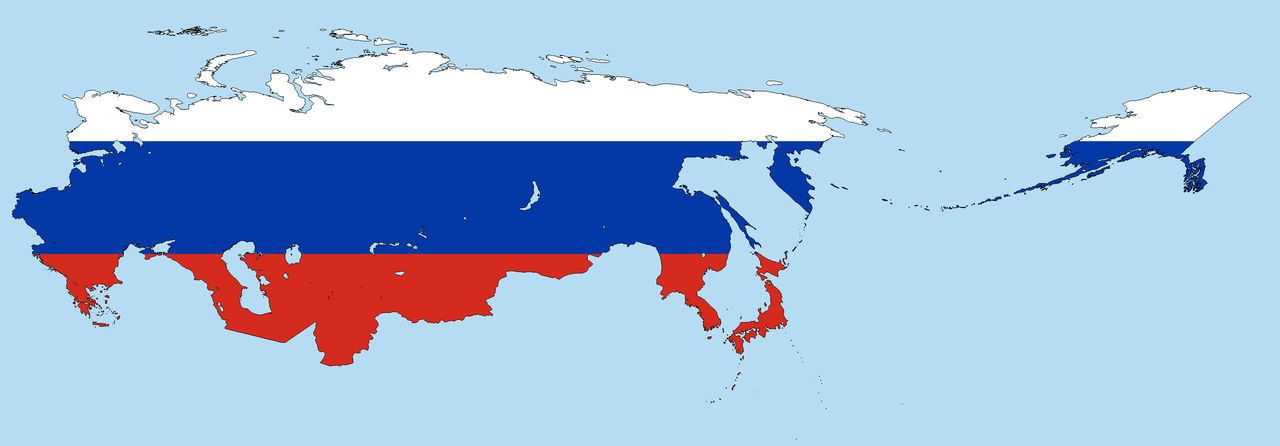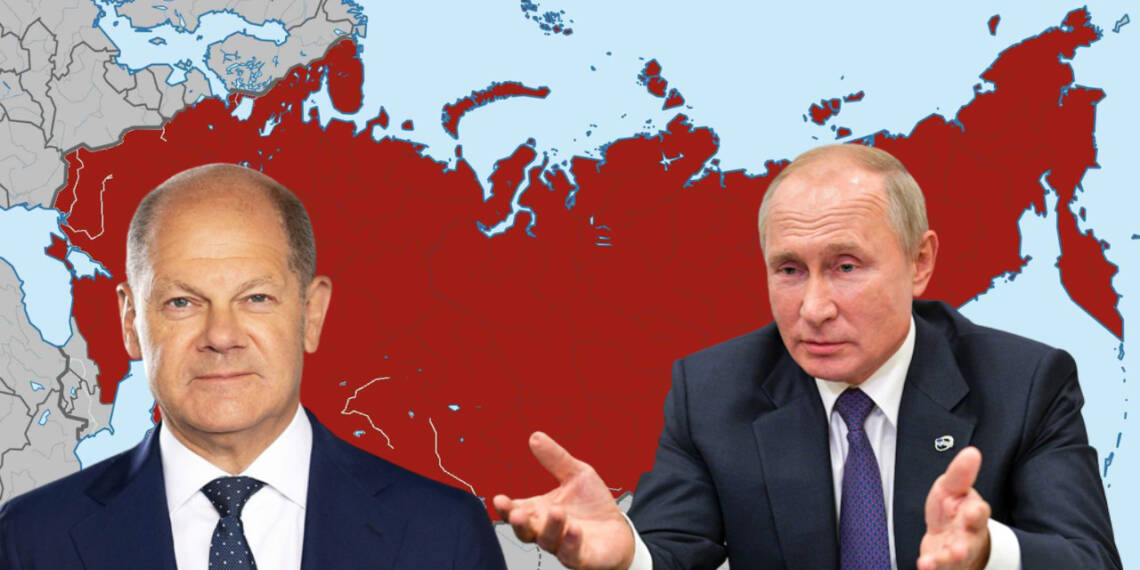History is a force that cannot be stopped, but there will always be those who try to halt its progress. Yet, no matter how hard they try, history will always find its way. Today we have an example to demonstrate it.
With Romania and Moldova being the pioneers, the dawn of a Great Eurasian Reset has begun in Eastern Europe. Recently, Moldova passed a momentous bill recognizing Romanian as their official language, replacing the previously recognized “Moldovan language”.
However, the NATO alliance, which was already frail, became divided over this constitutional change. It increased worries in the West that Romania might move closer to joining Moldova.
The people of Romania and Moldova share a deep-rooted cultural and historical connection, which dates back to the 14th century. Their intertwined history is highlighted by notable figures such as Dragoș Vodă, a Romanian landowner who represented a Hungarian monarch and became the first ruler of the land that Moldova now occupies.
The territory was eventually taken over by the Ottoman Empire, and it became a vassal state until 1812 when the Russian Empire gained control over the area via the Treaty of Bucharest. The Russian revolutions of 1905 and 1917 reignited the people’s desire for independence, and in 1918, Bessarabia, which is now Moldova, declared independence from Russia and joined the Kingdom of Romania.
Inspired by a desire to counter the hegemonic activities of nations such as Germany and France, Romania has taken the lead in a contemporary power reconfiguration in Europe. With a newfound capacity to produce enough ammunition to meet its own internal needs and even satisfy demand in the surrounding region, the Balkan nation has emerged as a formidable player on the global stage.
As Economy Minister Florin Spătaru recently announced, Romania intends to continue investing in the defence sector throughout 2023, to expand its capacity to create sufficient ammunition to meet both its own needs and the demands of neighbouring countries.
With this bold move, Romania has demonstrated its commitment to ensuring its security and stability, while also asserting its influence on the wider geopolitical landscape. As the balance of power in Europe continues to shift, it is clear that Romania will play a pivotal role in shaping the future of the region.
However, one grinch is ready to derail the development and we are talking about the so-called king of the European Union, Germany.
Germany arrives with new promises
After the historic announcement by Romania and Moldova, German Chancellor Olaf Scholz has arrived in Romania to underscore Berlin’s support for its NATO ally.
During his visit on April 3, Scholz conveyed his desire for Romania to join the Schengen passport-free travel zone by the end of 2023, while also discussing defense collaboration with Romanian President Iohannis.
Scholz continued his diplomatic engagement with Romanian Prime Minister Nicolae Ciuca and other government officials, further strengthening the bond between the two nations. The German Chancellor, along with President Iohannis, also held a trilateral meeting with Moldovan President Maia Sandu during her stay in Bucharest.
In his statements, Scholz lauded Romania’s reliability and partnership, stating that Germany stands unwaveringly alongside Romania. He confidently affirmed that Romania’s Schengen accession will be granted this year, highlighting the enduring relationship between the two countries.

Honestly, Scholz’s sudden announcement was expected after Moldova’s big announcement.
For decades, Germany has been forging strong diplomatic ties with Eastern European nations, including Romania, in a bid to bolster its influence and cooperation in the region. However, the recent Ukraine conflict has given rise to hostility between Romania and the EU, causing friction between the two parties.
Romania has publicly criticized EU members for unfairly prioritizing Ukrainian grains over their own, leading to significant losses for Romanian farmers who are struggling to sell their produce in the market. Frustrated with this situation, Romania has teamed up with Poland to create a new economic mechanism that will enable them to sell grains independently of the EU.
In response to Romania’s actions, Germany has taken notice of their efforts to assert itself as a strong player in the region. This development underscores the changing dynamics of Eastern Europe and the ongoing quest for greater economic and political autonomy among its nations.
Can’t stop the ‘Great Eurasian Churn’
And so, Germany has decided to lure Romania. But, this action is unlikely to stop the Eurasian reset.
After the Ukraine war, the great reset of the world has begun with significant changes not seen for years. In Eurasia, everything is coming back to its original form.
If one remembers, Kazakh President Kassym-Jomart Tokayev had once emphasized that he saw the possibility of implementing Russian leader Vladimir Putin’s ambitious “Greater Eurasia” project that foresees increased economic cooperation between several former Soviet countries and China.
“The Greater Eurasia megaproject deserves a detailed discussion. Sooner or later, we will implement it. And, as Russian President Vladimir Vladimirovich (Putin) said, it is possible that other countries can join,” Tokayev had told the plenary session of the Eurasian Economic Forum held in Bishkek, the capital of Kyrgyzstan.
Read More: A ‘unified’ Romania is about to take down NATO!
The geopolitical landscape of our world is in flux. Old empires are falling, and new ones are emerging to take their place. In the east, Russia is intent on annexing Ukraine, to reunite the ‘greater Russia’. Meanwhile, in the west, Moldova and Romania are reuniting. Truly, it is a remarkable time to be alive.
Despite all these historical bonds, the German Chancellor Olaf Scholz may try to halt it, but he faces a daunting task ahead.








